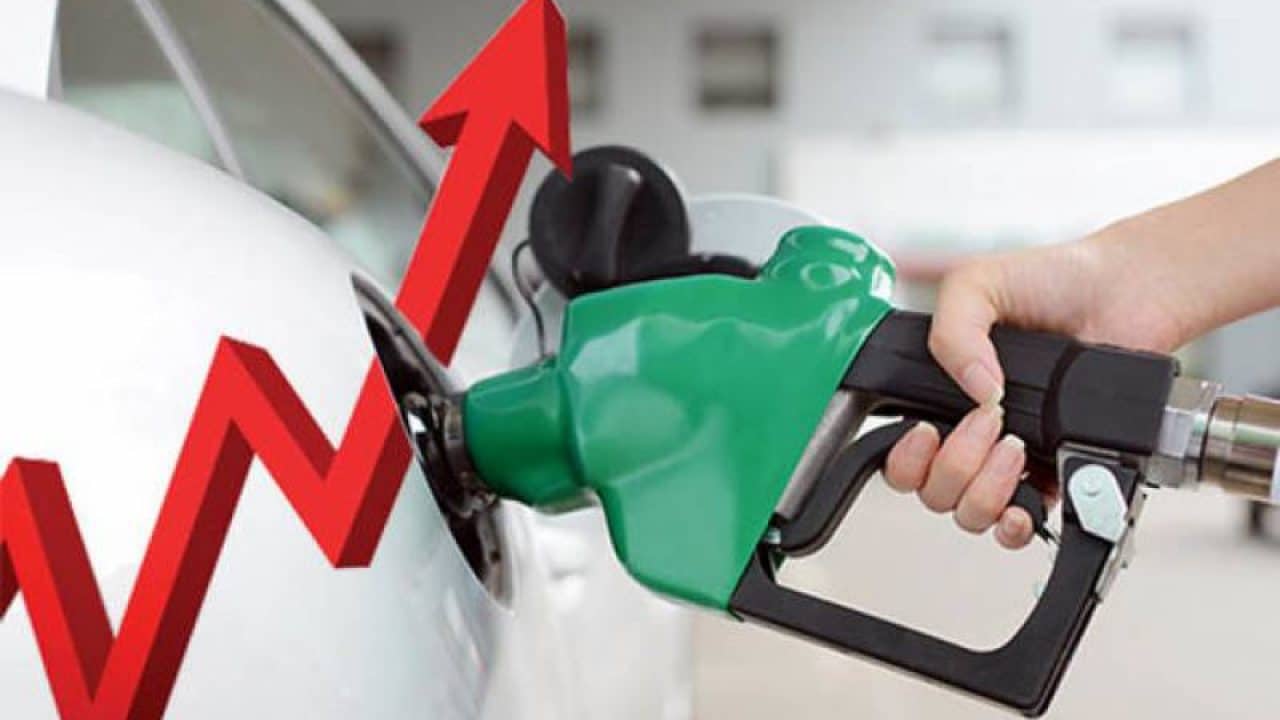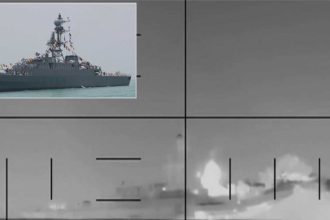The Ministry of Finance is anticipated to raise the price of gasoline in the upcoming fortnightly review to satisfy the government’s desire to win over the International Monetary Fund (IMF).
The sharp decline in the value of the rupee relative to the US dollar over the past two days would not have a significant impact on the review due on January 31 (Tuesday), as the average exchange rate would be Rs240.
The fortnightly review, due on February 15, shows a significant increase in domestic petroleum prices due to the rupee’s depreciation.
According to knowledgeable individuals in the oil industry, the revision of petroleum prices on February 15—when the dollar rate calculation would start from Rs260—would reflect the dollar’s sharp appreciation against the rupee over the previous two sessions.
Free on board (FOB) prices will significantly increase gasoline and diesel costs in the upcoming fortnightly review, which will be released next week.
According to sources with knowledge of the situation, using FOB would likely result in a 25 rupee increase in the price of diesel.
They claimed that the increase was due to FOB since the price of diesel on the international market increased to $117 per barrel from $114 per barrel and that the exchange rate would only cause a slight increase.
They added that the price could increase further, and the general sales tax (GST) inclusion, even at 10%, would be pushing the price much higher if the government increased the petroleum levy (PL) to Rs50 per liter on diesel, which appears likely to meet the IMF condition.
The gasoline price increase on a FOB basis is anticipated to be between Rs20 and Rs21. In the upcoming fortnightly review of prices, consumers will pay a heavy price if the government imposes even a 10% GST on petrol, which is currently priced at Rs50 per liter PL.
In comparison to the time of the previous fortnight’s review, the price of gasoline on the global market increased to $97 per barrel from $93 per barrel.
Players in the oil industry believe that if the government had not increased the PL on diesel to comply with the IMF’s requirements, it would not have permitted the exchange rate to fluctuate freely.
The removal of the government’s restriction on exchange rate parity led to a sharp increase in the dollar’s value relative to the local currency throughout two sessions on Thursday and Friday.






